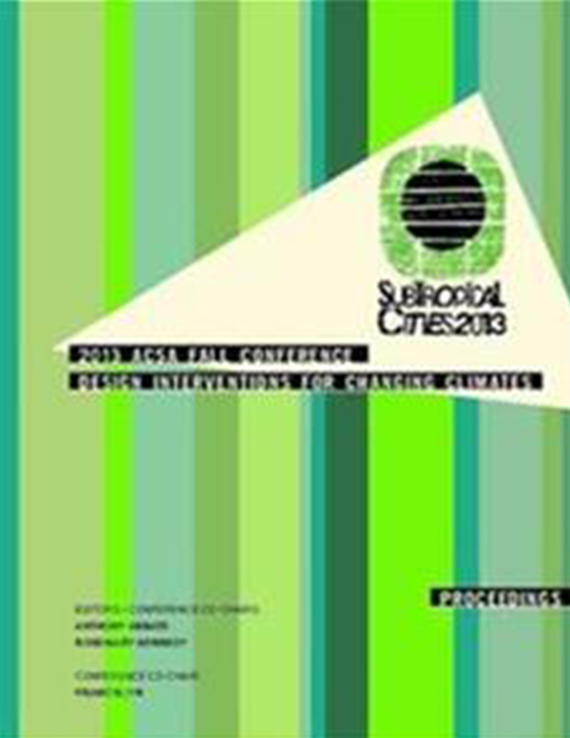Author(s): JoAnne DeRouen, Michael McClure & Whitney Broussard
The problems facing the sub-tropical region today and into the future are indeed complex. Before we propose solutions, we must first begin to understand the multiple complex conditions that affect our changing world. The Professional sphere, although adapting, is still not prepared to react to these issues across disciplines. The Academic sphere, where we both conduct research and educate the future professions, is even less adept at crossing disciplines. This paper will discuss and critique a new trans-disciplinary sponsored research that seeks to better understand the problems through both research and education. The (program name) is dedicated to professional project development and project-based student learning to address the complexities of restoration and preservation in the Louisiana Coastal Zone. The program is a collaboration between researchers, faculty, and students from across the University; Coastal Ecology and Engineering, the School of Architecture and Design; School of Geosciences; Department of Sociology, Anthropology, and Child & Family Studies; Department of Civil Engineering; and our NASA Regional Application Center.For just one year, we have been creating a new training framework that is trans-disciplinary and systems-oriented to link disturbances, land-use transformations, and climate change to natural processes and human system adaptation, with special emphases in the Atchafalaya Basin and Chenier Plain. The (program name) emphasizes how principles of landscape, ecosystem, and human dynamics can be incorporated into elements of systems design: trans-disciplinary techniques for reducing environmental vulnerability, enhancing ecosystem resilience, and promoting cultural sustainability. Our student and faculty fellows design sustainable systems in the natural and built environments with adaptations that reduce vulnerability associated with diverse scenarios of coastal hazards, habitat degradation and global environmental change. These challenges provide a laboratory to develop new designs that reduce risks to both social, economic and natural resources, with a sound basis for making major societal decisions (policy) that are focused on adaptations through sustainable regional and land-use planning.The disparate disciplines of coastal and social sciences, engineering and architecture, Geographic Information Systems and remote sensing, and regional planning and policy are working to integrate natural and social systems and reduce vulnerability by focusing on properties of ecosystem adaptation.The (program name) leads faculty and students toward the following objectives: (1) Provide an integrated academic home for the emerging programmatic needs of systems design in the Louisiana coastal zone (e.g. ecosystem restoration, regional planning, and water resource management); (2) Facilitate an integrated multidisciplinary educational model that integrates undergraduate and graduate student activity; (3) Develop student-driven collaborative research projects involving at least three of the following fields of study: coastal science, environmental science, landscape architecture, traditional architecture, civil engineering, systems engineering, environmental engineering, sociology, anthropology, political science, economics, and Geographic Information Systems.
Volume Editors
Anthony Abbate, Francis Lyn & Rosemary Kennedy
ISBN
978-0-935502-90-9

 Study Architecture
Study Architecture  ProPEL
ProPEL 
